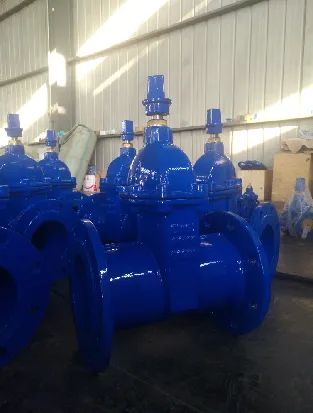Creating a Secure Trash Bin Design for Monkeys and Other Wildlife
The Smart Solution Monkey-Proof Bins
In many regions of the world, especially where wildlife and human habitation converge, managing waste has become a critical task. One of the most pressing challenges is dealing with monkeys and other wildlife that are adept at raiding garbage bins. This not only disturbs local communities but also poses significant risks to wildlife by leading them to human food sources. Enter the monkey-proof bin a smart and sustainable solution designed to keep both waste and wildlife safe.
Understanding the Problem
In areas where monkeys thrive, such as tropical and subtropical regions, scavenging for food has become a way of life for these intelligent creatures. They have learned to exploit human ingenuity, opening improperly secured garbage bins to access food. This not only leads to trash being strewn across neighborhoods but also encourages monkeys to associate humans with food, which can create dangerous interactions. In some cases, such encounters have resulted in aggressive behavior from the monkeys, endangering public safety and the animals themselves.
What is a Monkey-Proof Bin?
A monkey-proof bin is engineered specifically to resist tampering by monkeys and other wildlife. These bins are typically constructed from durable materials and feature unique locking mechanisms that require both strength and intelligence to open—something that will challenge even the most wily of primates.
The design of a monkey-proof bin often incorporates various strategies to deter wildlife. For instance, some bins have weighted lids that swing closed automatically or require a specific sequence of motions to be opened. Others may feature dual-lock systems that can only be accessed by a human user, ensuring that curious wildlife cannot disturb the contents.
Benefits of Monkey-Proof Bins
monkey proof bin

1. Wildlife Conservation By preventing monkeys and other wild animals from scavenging in human waste, monkey-proof bins help maintain a natural, healthy distance between wildlife and human communities. This is crucial in preserving the natural behaviors of these animals and reducing the chances of them becoming reliant on human food.
2. Community Hygiene Faced with a monkey problem, communities often find it difficult to maintain cleanliness. Open trash attracts not only monkeys but also other pests, leading to unsightly and unsanitary conditions. Monkey-proof bins help keep neighborhoods clean, significantly reducing instances of littering and improper waste disposal.
3. Improved Safety With secure bins in place, the likelihood of confrontations between humans and monkeys diminishes. As communities adopt these bins, there is less temptation for monkeys to venture into urban areas or exhibit aggressive behavior in search of food, leading to a safer environment for both parties.
4. Cost Effectiveness While the initial investment in monkey-proof bins may be higher than traditional waste receptacles, the long-term savings in terms of reduced waste management costs, cleanup expenses, and potential healthcare costs from animal encounters can be significant.
5. Community Education and Engagement The introduction of monkey-proof bins serves as an educational tool, promoting awareness about wildlife management and sustainability. Communities can rally around the cause, fostering a sense of responsibility towards their environment and the creatures that share it.
Conclusion
As human populations continue to expand into wildlife habitats, innovative solutions are needed to maintain harmony between nature and urban living. Monkey-proof bins represent one such solution that not only addresses the immediate issue of wildlife scavenging but also promotes a broader understanding of responsible waste management and conservation. Through the implementation of these bins, communities can develop a sustainable coexistence with the animals that inhabit their regions.
As more communities adopt monkey-proof bins, the benefits will extend beyond just containment of waste; they will contribute to the overall health of ecosystems, promote public safety, and enhance the quality of life for both humans and wildlife. The future of waste management lies not just in preventing nuisances but in fostering a respectful and balanced relationship with the natural world.
-
The Smarter Choice for Pedestrian AreasNewsJun.30,2025
-
The Gold Standard in Round Drain CoversNewsJun.30,2025
-
The Gold Standard in Manhole Cover SystemsNewsJun.30,2025
-
Superior Drainage Solutions with Premium Gully GratesNewsJun.30,2025
-
Superior Drainage Solutions for Global InfrastructureNewsJun.30,2025
-
Square Manhole Solutions for Modern InfrastructureNewsJun.30,2025
-
Premium Manhole Covers for Modern InfrastructureNewsJun.30,2025
